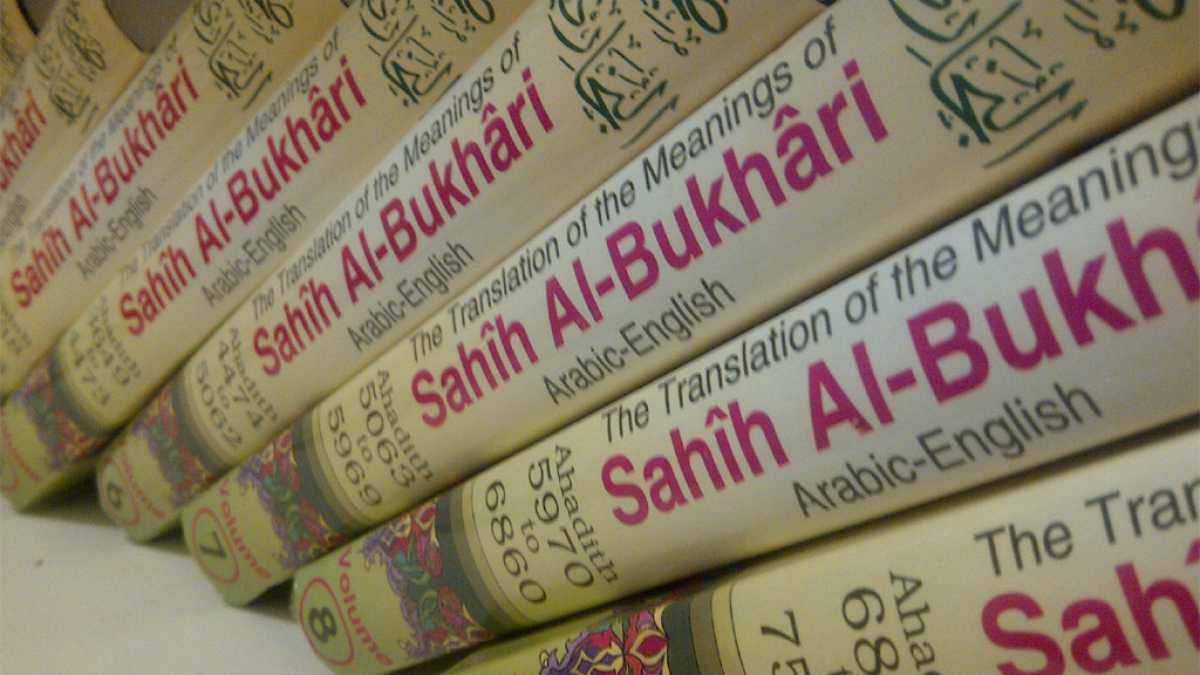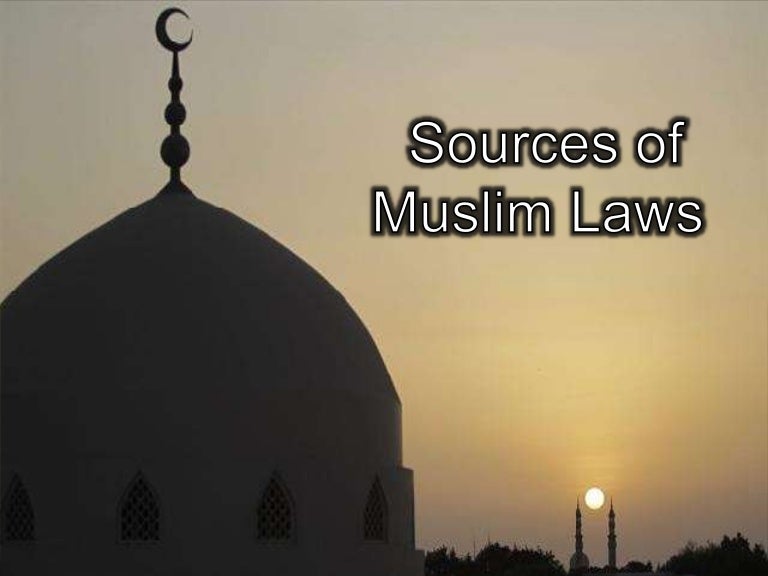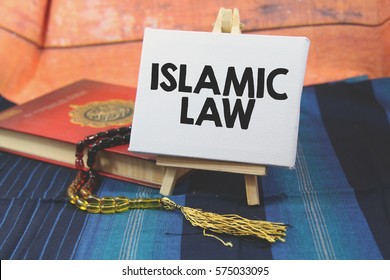Legislation mean statutes enacted by the Parliament or the
State legislature for the regulation of human actions in a particular aspect.
As per Islamic religious belief the prophet is the only
supreme law maker; hence no one can make Muslim law. In case any change is made
it is considered as invasion. In spite of this there are number of Acts passed
by Indian Parliament since form British Rule.
There have been several legislation enacted by the
Parliament to lay the foundation of Muslim law in India. These legislative enactments have considerably
amplified, altered or modified the original Muslim law.
e.g. 1) Shariat Act, 1937: The first law that was passed was
the Shariat Act, 1937. In Islam, the entire body of law that governs their day
to day personal laws, marriage, divorce, etc. are collectively called the
Sharia.
Thus, based on Sharia and with the object to make it a
complete body of Muslim laws, the Act was titled as the Shariat Act. It
contained only six provisions dealing mainly with:
a) Law relating to the succession of a Muslim person dying
intestate. i.e. without a will or a testament.
b) Law relating to vesting of properties and gifts on
females of the Sect.
c) Law relating to marriage, divorce, grounds of divorce,
Mehr, guardianship and maintenance.
d) Law relating to wakfs i.e. any trust created for the
Muslim religion.
2) The Dissolution of Muslim Marriages Act, 1939: The issue
of divorce has been a major drawback in the Muslim personal law because the
Holy Quran gives the right to divorce a woman to her husband but is silent on
divorce by a woman. This has led to struggle by a woman in an unhappy marriage
and affected by domestic violence and cruelty.
In 1939, an attempt was made to allow the woman to divorce
their husbands through the Dissolution of Muslim Marriage Act, 1939. The woman
could divorce their husband on three main grounds, viz.
a) Refusal from maintaining the wife, financially and
emotionally,
b) Ill-treatment in the matrimonial house and
c) Desertion by the husband.
3) The Muslim Women (Protection of Right on Divorce) Act,
1986: Another issue that came after the divorce was the maintenance of the
divorced wife. Since women in India are still fighting for their right to work
and equal opportunity in employment, women needed certain financial security
for their livelihood and their children’s well-being. Hence, the Muslim Women
(Protection of Rights on Divorce) Act, 1986 was enacted that gave them the
right to maintenance from their husband.
4) The Guardians and Wards Act, 1890
5) The Mussalman Waqf Validating Act, 1913
6) The Mussalman Waqf Act, 1923
7) Child Marriage Restraint Act, 1929
8) The Muslim Women (Protection of Rights on Marriage) Bill,
2019: The most recent development in legislations has been the Triple Talaq
Bill, that prohibited any form of an oral or written declaration of divorce to
be illegal unless it is executed with the due procedure of law.









